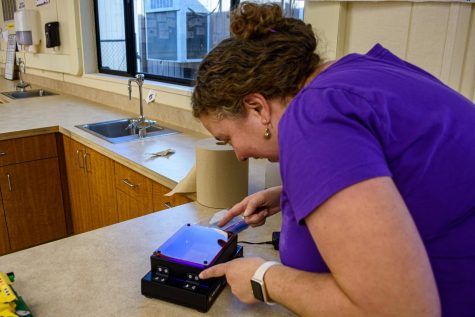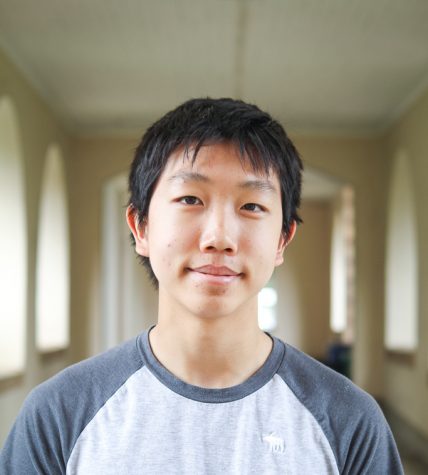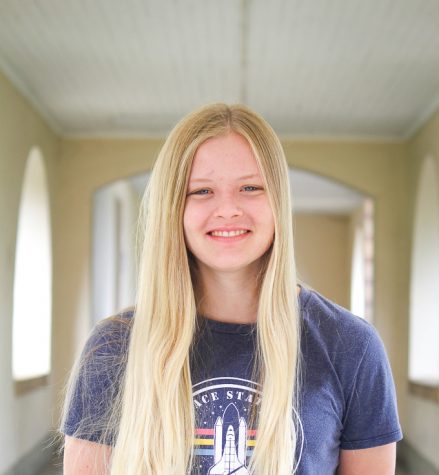New biotechnology class explores cures for human diseases
February 4, 2020

Upperclassmen will have the opportunity to explore how to cure human diseases in Medical Interventions, a new class coming to Palo Alto High School in the 2020-2021 school year.
According to biology teacher Elizabeth Brimhall, who will teach Medical Interventions next year, the course will be a new take on an old biotechnology class, which had been dropped last year due to insufficient student sign-ups. There are no prerequisites and both honors and non-honors will be offered.
“We have had biotech at Paly in the past,” Brimhall said. “And then the teacher that was teaching it moved away, and the sun set for a while, but now we’re bringing it back.”
The course, which will be available to juniors and seniors, will feature hands-on labs and expert guest speakers to cover four main topics: how to fight infection, how to screen what is in your genes, how to conquer cancer, and how to prevail when organs fail, according to Brimhall.
“I have connections at Stanford and at the VA [Veterans Affairs] hospital, and I’m going to try to get doctors and researchers to talk about the various topics we’re doing,” Brimhall said. “I already do this in my biology class when we do our infectious disease unit. I’ve got someone from Stanford’s infectious disease department to come and talk.”
The course will be taught in a similar fashion as other Project Lead the Way classes, which includes Biology and Biology Honors. PLTW is a type of science curriculum that focuses on project-based learning and practical applications of concepts rather than a more traditional approach. In Medical Interventions, students will investigate the fictitious Smith family through their journey of identifying and treating diseased patients.
“It’s really all the cutting-edge biotech stuff,” Brimhall said. “We will be doing gel electrophoresis transformation but also things like PCR [polymerase chain reaction]. We will be looking at protein analysis through western blots. And they’re also going to be doing a lab that looks at immune cell generation.”
Although Paly already has advanced equipment from the previous biotechnology class, Brimhall said she is in the process of applying for a Partners in Education grant which will allow her to acquire additional materials to use in new labs.
“More recently, we’ve got all the breakthroughs with CRISPR-Cas9 and gene editing,” Brimhall said. “So a lot of people think that’s where science and technology in the world is going. It’ll be exciting to be able to get into those topics a little more deeply with students.”



